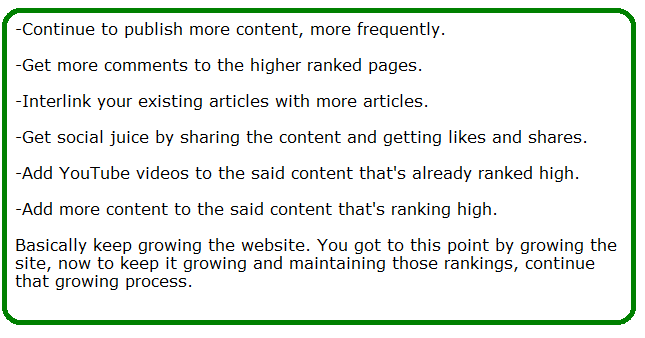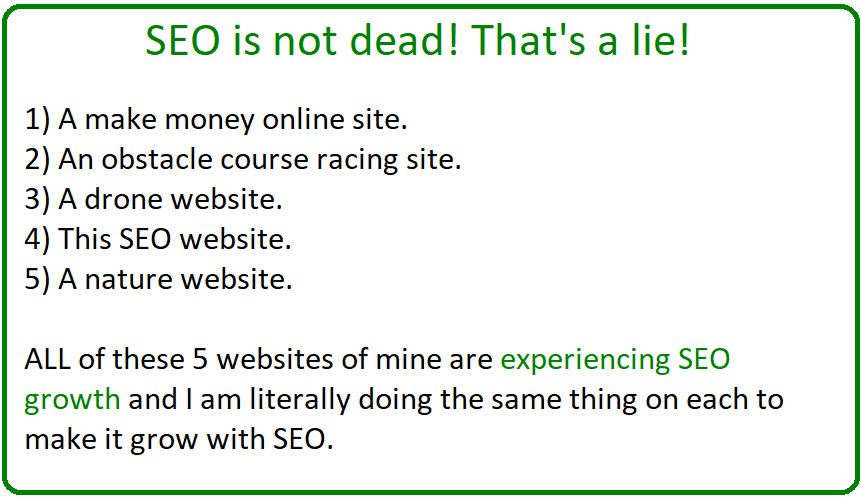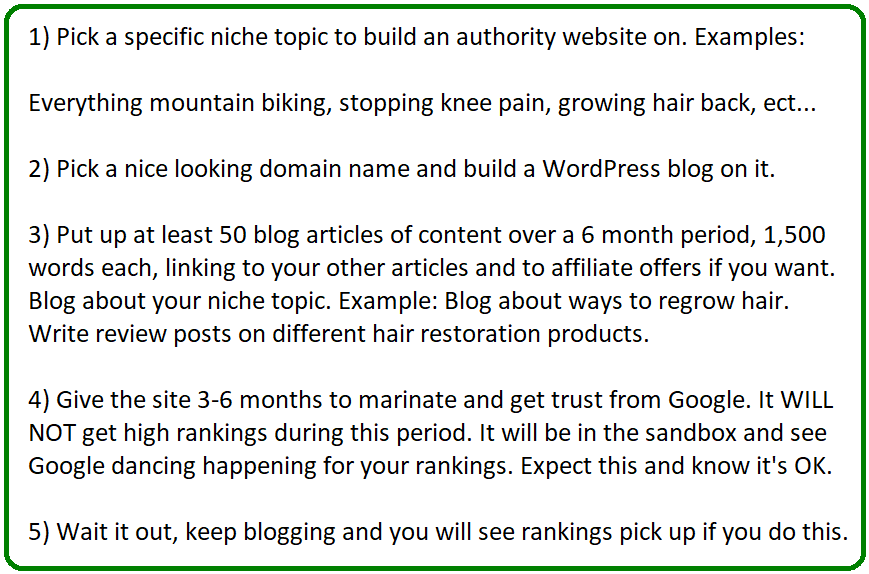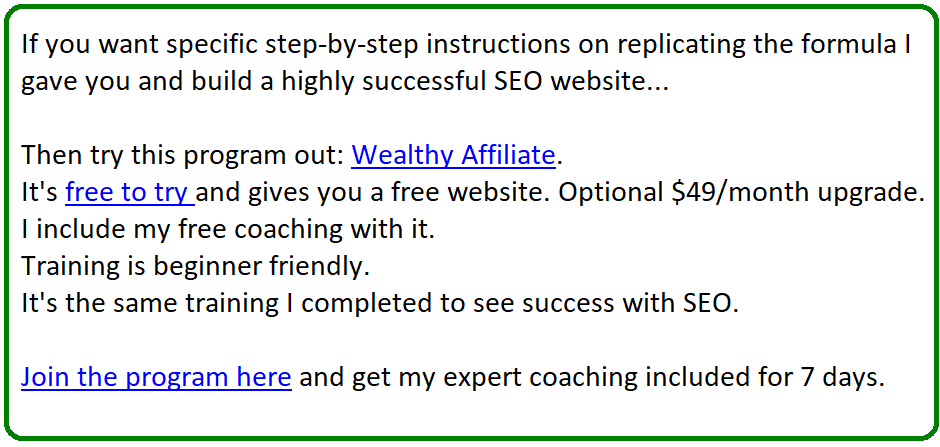99% no. This has been a debate that Google’s own leaders have settled in which they were also asked the question on if RSS feeds help improve a website’s SEO.
And they basically confirmed what I just said. Here is the proof:
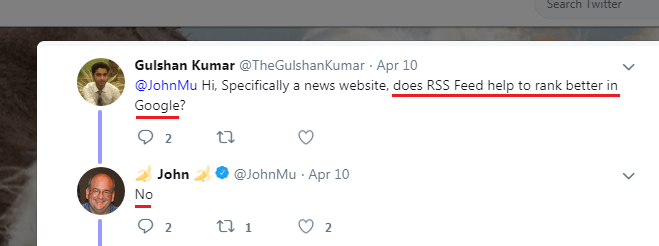
The link to that image can be found here, but let me put this in context…
A person asked the same question I’m addressing in this article, on Twitter to one of Google’s top webmasters, John Mueller. Although he was asking about these things in regards to news websites, the answer John gave him can be applied to pretty much any website out there, new site or not.
He shortly said “No”. But he didn’t really follow up with a “why”. Don’t worry though, that’s what I’m going to.
What are RSS feeds? Why are they useful?
RSS feeds are basically a code you install on your website to show the latest news reports on whatever you choose to show reports on. The purpose of these things is to show that there is activity going on in your site and basically another way of sharing content with your readers, that they can click on.
Suppose I have a political website and I install RSS feeds to show a particular news source displaying their latest stories. These stories would pop up on my website.
I would “want” to do this because it would show my audience more things that they can read, such as headlines and be know what’s going on.
Why people mistakenly think this helps SEO (because it once did):
- The first reason is that there’s fake experts pushing that lie still.
- But the other reason is that they actually did once work.
In my estimate, about 10 years ago, if you had a small website, and had RSS feeds installed on it, that you would get higher rankings from Google. This worked back then, because these things basically showed that your website was being active and updating the content on it, and thus this activity was interpreted by Google as being a good thing, thus it gave the site better rankings.
However, this very rapidly changed, to the point that RSS feeds today really have no more impact on rankings. Today that “updating” method is no longer done through RSS feeds but through frequently posting content and optimizing it these ways.
But back to the topic of RSS feeds and why they don’t work anymore. Here’s what happened:
Because people figured out that adding them to their websites helped their ranking, many of them started doing it and of those websites, many started producing lower level content of their own (the incentive was just not there).
Because anyone could add RSS feeds to their site, that didn’t really raise the uniqueness and content value of their page. Thus the value of the having them on your site died down (with regards to rankings).
Why should a website that produces low quality content, but has RSS feeds be of greater value than one which produces high quality content and does or doesn’t use them? The difference maker is in the site and it’s content.
This is one of the reasons why if you visit most blog websites today, you will not really see these things going on anymore. You will instead see the site/blog (if they are good) creating most if not all of their own content and letting the readers enjoy that.
And this is basically the arena Google has set up.
So are RSS feeds completely useless now? Mostly.
As an SEO expert, while I personally do not exactly recommend putting these things on your site, there’s still a little bit of value in doing so.
For one, having this on your website MAY (not always) increase the reading times of users on your website. The reading/viewing time of a person on your website IS a ranking metric.
But even in this regard, I still wouldn’t recommend it. I just see no reason to add these things to your site when content creation is the real difference maker. Let’s take that political site example I used…
If content creation is the true way to get better SEO rankings, then…
Instead of using using RSS to display the latest political stories, set up Google alerts for politics, pick the the best stories and write your own content on your site for those stories.
What’ll happen is, you’ll get your blog/site ranked for those TRENDING stories and get a much higher amount of traffic for it.
You will be using these stories to create your content, grow your site and thus since this is exactly what Google wishes to see, you’ll have better SEO results from doing so. In my personal opinion, this is the MUCH smarter way to improve your site’s rankings, than to rely on the other, near dead methods.
Now I hope you understand that even though I used the political topic as an example, you don’t need to only rely on that subject. If your blog or website is based on a different subject, just use this strategy in the same manner and/or just rely on finding more topics to blog/write about.
One final thing: Beware of bad SEO experts.
In my time learning about this topic, I’ve come across many fake and outdated experts who claim to know about ranking websites organically. In fact, many of these experts would still be pitching a dead strategy like using RSS feeds.
Now I’m not saying my advice is the golden one to go for and I would endorse that you question my advice on this website, but I am at least providing proof of my claim (the twitter screenshot above). And I also recently posted an article on SEO not being dead and provided 5 of my personal sites to prove it so. That’s the kind of evidence you should look for in experts who talk about rankings.
Look for that sort of evidence before you take advice from experts. There are still a bunch of dead SEO methods still being promoted today (backlinks are a good example) and people are losing their time on them.
At best, if you’re going to get advice from anyone, do it from Google themselves. They have a great webmaster blog set up where they talk about the very same things I discuss here, so as long as you follow their tips there (and they do give them), you will be doing SEO the right way.
I just happen to be one of the people who follows that advice and makes it easier to understand for anyone getting into SEO.

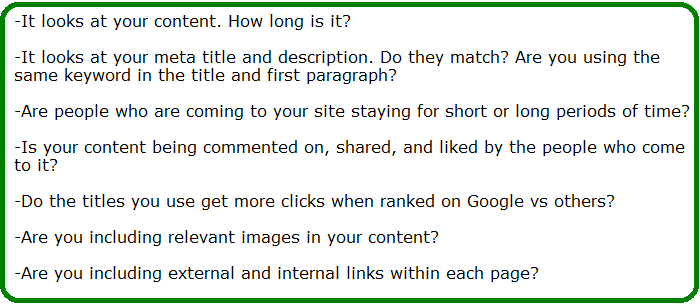
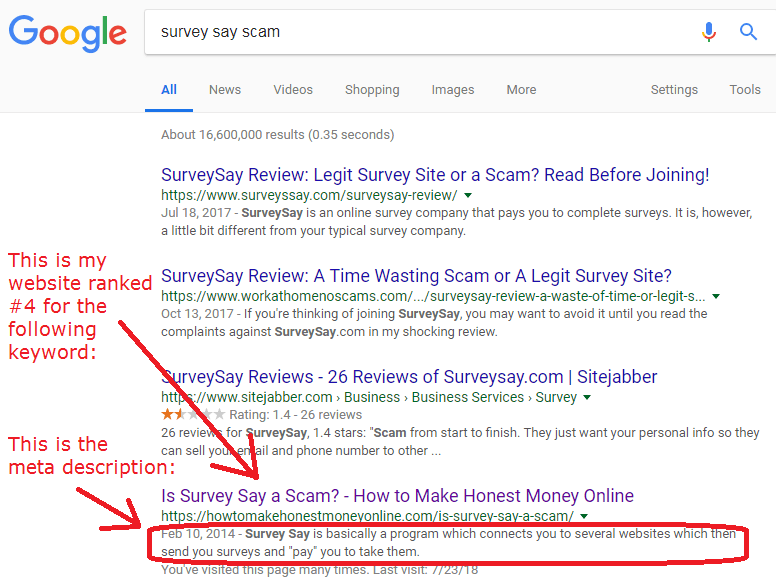
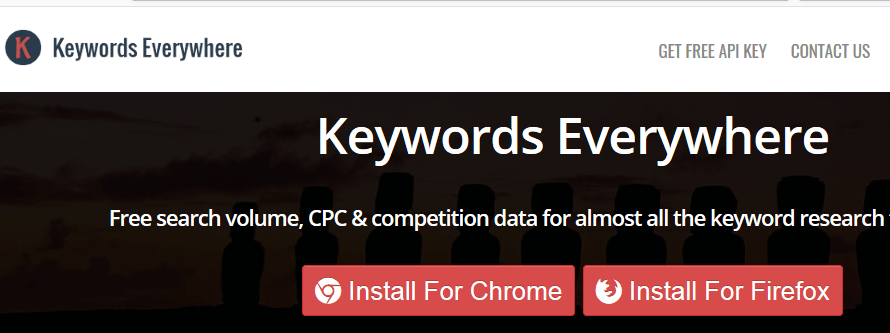


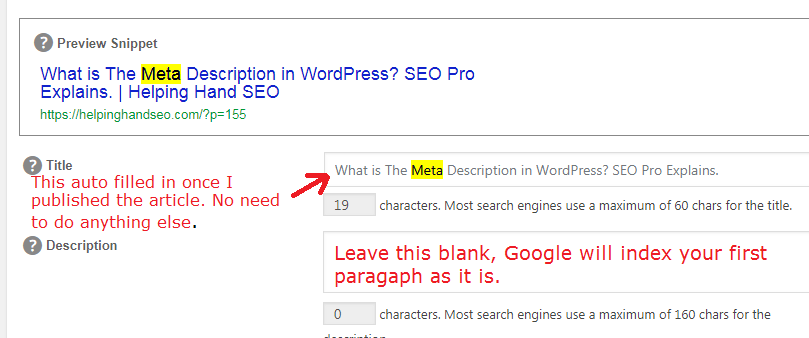

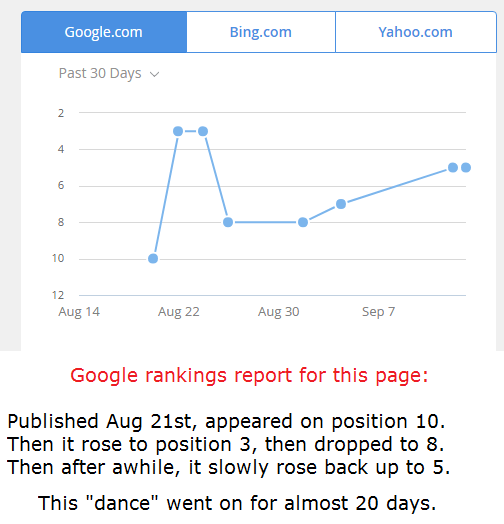
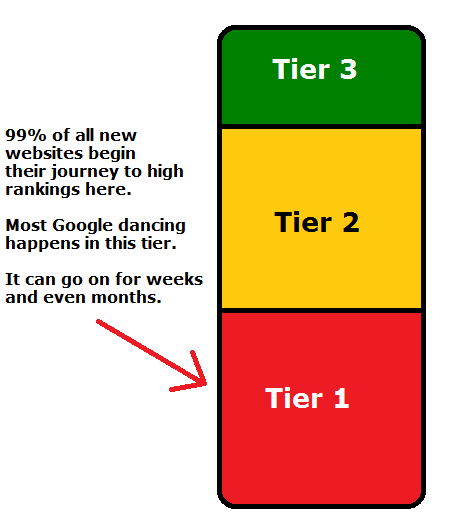
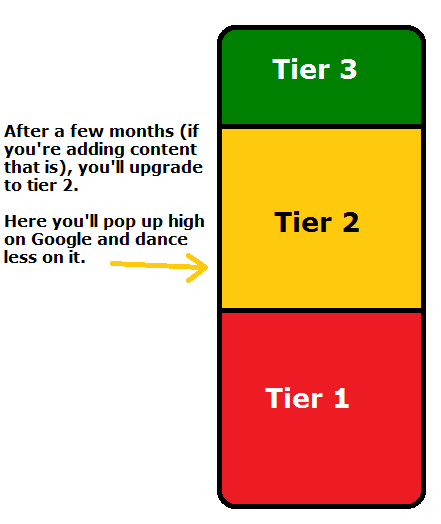
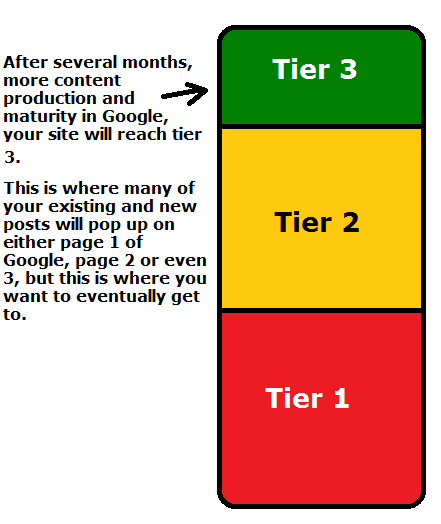 generally see page 1, 2 and 3 rankings almost immediately (well maybe a few hours or days).
generally see page 1, 2 and 3 rankings almost immediately (well maybe a few hours or days). 